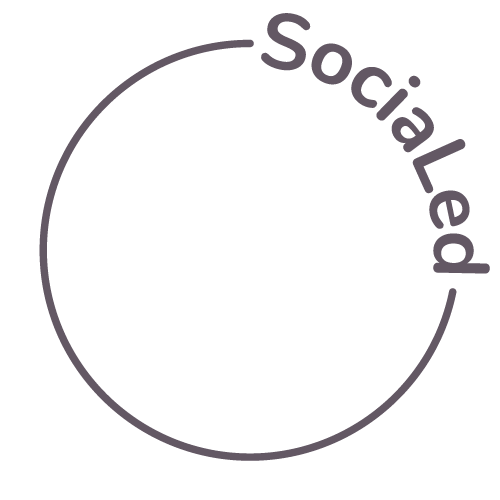Competing to Collaborate
We can only make social change by pulling together but in this landscape of competitive systems and behaviours is true collaboration really possible?
In my research, I concluded that we have to work in a state of ‘critical trust’, one in which we are aware of the impact that competition, the instinct to survive, to win and be better has on us. These are fundamental to human behaviour but not congruent with the values-base of the social sector. As the sector has become more business-like my experience is that those who navigate this terrain best, are either, genuine ego-less altruists (there are many unsung heroes), or they have a good degree of self-awareness. They are able to see when they are caught up in the game. The worst are of course those who revel in the game who see it as an important part of the system and who are not really task-focused.
Now, don’t get me wrong, I am not suffering any illusion about myself. I am a very competitive person, a deep-seated driver that has caused me to always strive forward. But I know this about myself, and although I do get caught in the game at times, I can also see when that has happened, and more often when it might happen. This is the crux of aiming to collaborate, we have to grow our ability to understand our motivations, our drivers and to know that how we feel about things will drive our reactions. We need to move to response. To a clear understanding that we are on task. But, we may not be able to have open trust, we may have to be somewhat critical, to know that others are driven by their own motivations and that this can create unhealthy dynamics.
The social sector needs to have a good look at the drive to be more business-like, one fueled heavily by the introduction of competition. This way of operating draws heavily on traditional management approaches which were very rational, scientific, ‘masculine’ ways of doing things. It did not allow for the more ‘feminine’ aspects of organisational development, flattened structures, collaboration, empathy, nurture, to name but a few. By introducing this way of being, the sector has gotten rid of its ‘motherhood and apple pie’ approach to helping people. A term which is used to poo-poo that way of being by the way, and one that does not do justice to the women who drove the development of the social sector, who dedicated their lives, often voluntarily to helping those less fortunate than themselves. These ‘do-gooders’ were seen to not deliver things in a ‘professional’ manner and having worked in that way myself sometimes, there were practices that left a lot to be desired but there were also things lost in the drive to professionalise that were essential human components.
Competition, thought in the commercial sector to drive up quality, has done as much harm in the social sector as good. Creating monoliths that deliver soul-less services in bureaucratic and unhelpful ways. They instigate rule-based systems for those who could do without any more rules, thanks. Whilst also creating a frenzy of insecurity in small to medium local organisations that are integral to their local communities but find themselves increasingly at risk. Then we have to all collaborate. Mmmm.
So, collaborate anyway, but strive to have the local authorities understand the work you do and know what the benefits are of working in a place-based and localised way. Collaborate anyway, but keep an eye on the behaviours of the partners, because, unfortunately, competitive nature makes people anti-social.
